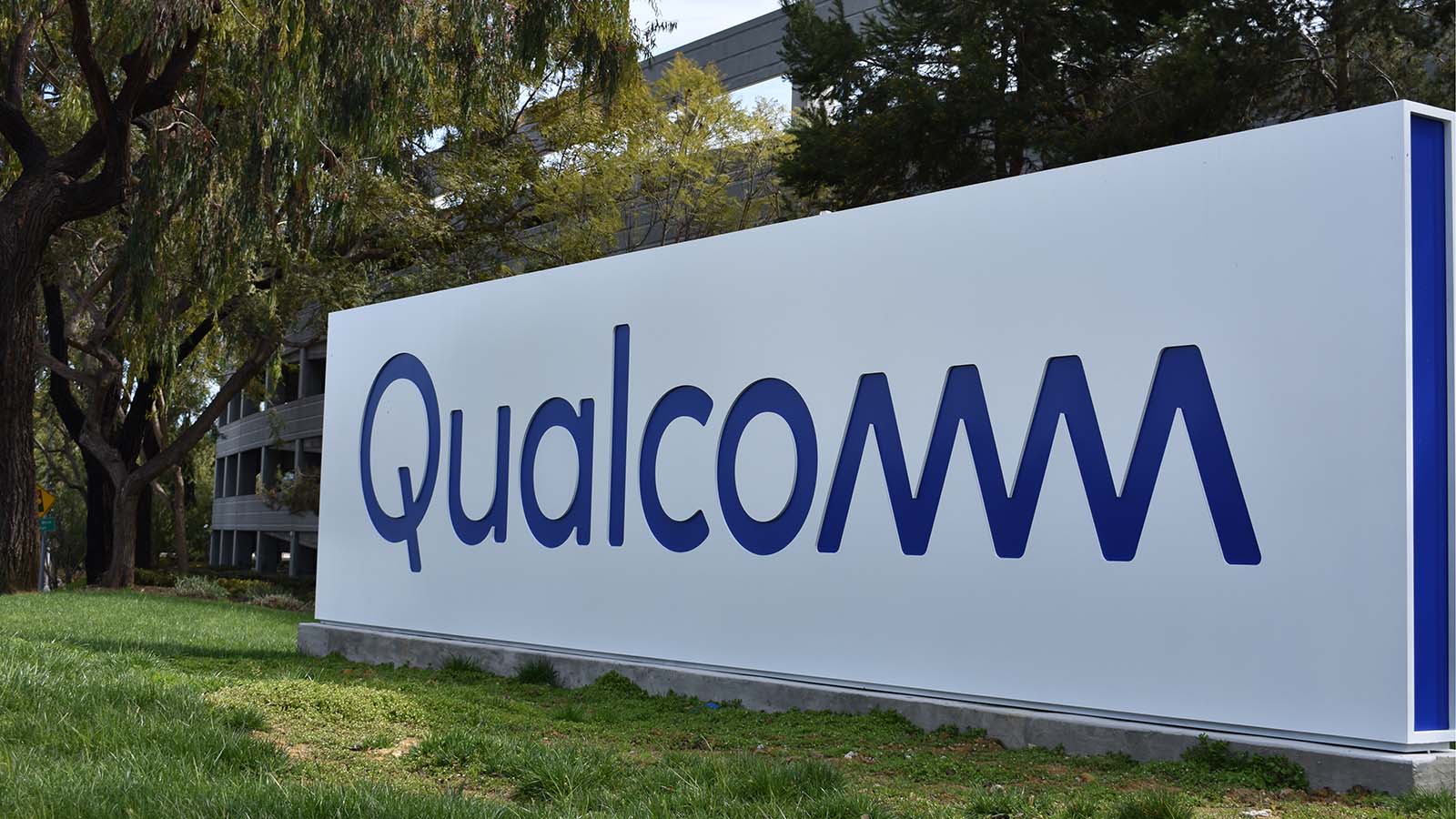Qualcomm (NASDAQ:QCOM) is a leading wireless technology and semiconductors business I have written positively about, primarily citing its relatively cheap valuation and successful foray into 5G. However, the QCOM stock’s disappointing earnings results this year, coupled with one of its biggest markets, China, moving to develop a vibrant domestic semiconductor industry, have made me reconsider.
QCOM’s long-term share potential is definitely in jeopardy. Below are three reasons long-term holders should quit Qualcomm before it’s too late.
This year’s revenue and earnings growth have been dismal
Let’s start this analysis by engaging with Qualcomm’s year-to-date financial performance. First-quarter revenues were a complete disappointment, but those following consumer electronics trends could have probably predicted these developments.
Qualcomm reported a YoY revenue decline of 12%. Additionally, net income plummeted 34% YoY. Much of this decline had been attributed to falling demand for Qualcomm’s smartphone hardware, including system-on-a-chip (SoC) and wireless products.
The subsequent second and third quarters were not any different. Revenue declined 17% and 23% during the second and third quarters. Net income for both periods also suffered a catastrophic drop.
The fact of the matter is consumers spent a lot of cash on electronic products during the pandemic. This, and higher inflation hurting consumer sentiment, has led to Qualcomm’s dismal financial results this year. As we will see, this is not the end of the hardware company’s concerns.
Smartphone demand will likely continue to decline
The decline in smartphone demand is not some mere aberration from which investors could hope for a recovery. This trend has been around since before the pandemic. If any analyst glanced at Apple (NASDAQ:AAPL), which accounts for nearly a quarter of Qualcomm’s revenue and is its largest customer, these trends would have been apparent.
In the fourth quarter of 2018, the amount of iPhone and iPad units Apple sold declined significantly YoY due to diminishing consumer interest in mobile devices. At that time, Huawei was also making significant strides in taking away market share from both Apple and Samsung. After that quarter, Apple reported several other quarters of revenue decline or sluggish, single-digit growth.
Qualcomm’s revenue is derived from selling hardware to create various handsets. Still, as demand for these continues to stall, investors can only expect the same from Qualcomm unless significant investment is made to diversify its revenue streams.
Qualcomm may lose more of its China market share
Recent news that Apple will continue using Qualcomm’s wireless modems until 2026 spurred optimism regarding Qualcomm’s future prospects. However, events in China have made me feel otherwise. In early September, Huawei – China’s telecom, cloud, and consumer electronics champion – quietly released the Huawei Mate 60 Pro, which features a 7-nanometer system on a chip (SoC) designed and manufactured in China.
Although the die size is technically a few generations behind what the Taiwan Semiconductor Manufacturing Company (NYSE:TSM) is capable of manufacturing, this represented a surprising breakthrough for the world’s second-largest economy.
Moreover, the wireless modem on the Huawei Mate 60 Pro also reached fast 5G speeds. This event, in and of itself, should worry any Qualcomm investor. Put slightly differently, if Huawei can design a powerful wireless model independently, imagining a world where other Chinese smartphone OEMs, including Oppo and Xiaomi, begin using made-in-China modems is not difficult.
In this case, Qualcomm would lose a significant market and be forced to pivot elsewhere or fall into obscurity.
On the date of publication, Tyrik Torres did not have (either directly or indirectly) any positions in the securities mentioned in this article. The opinions expressed in this article are those of the writer, subject to the InvestorPlace.com Publishing Guidelines.
